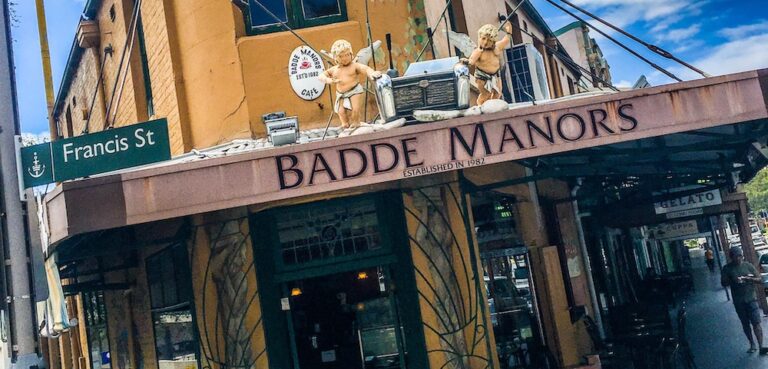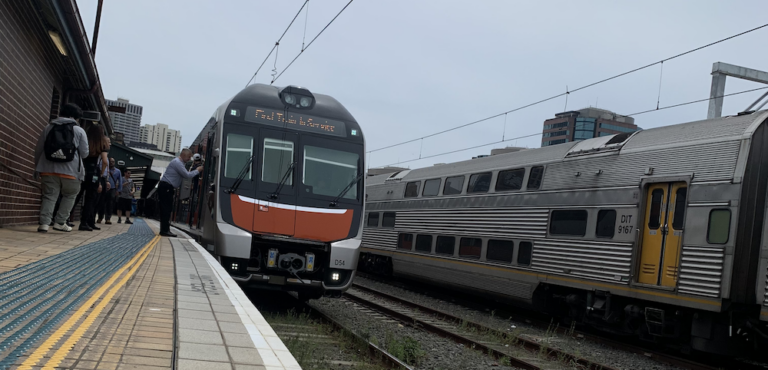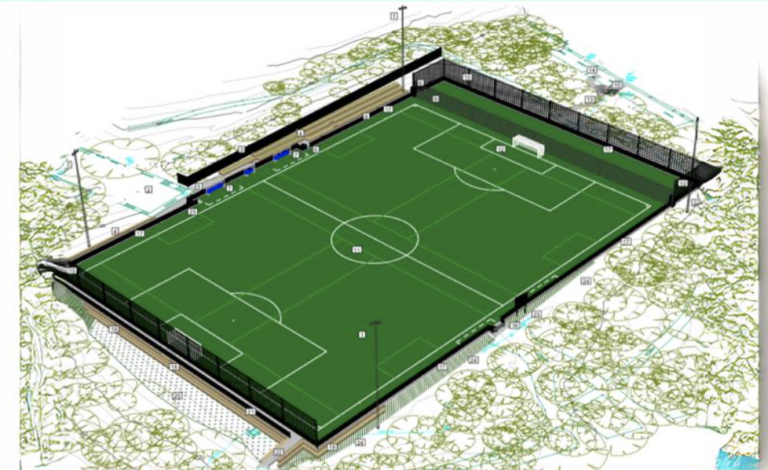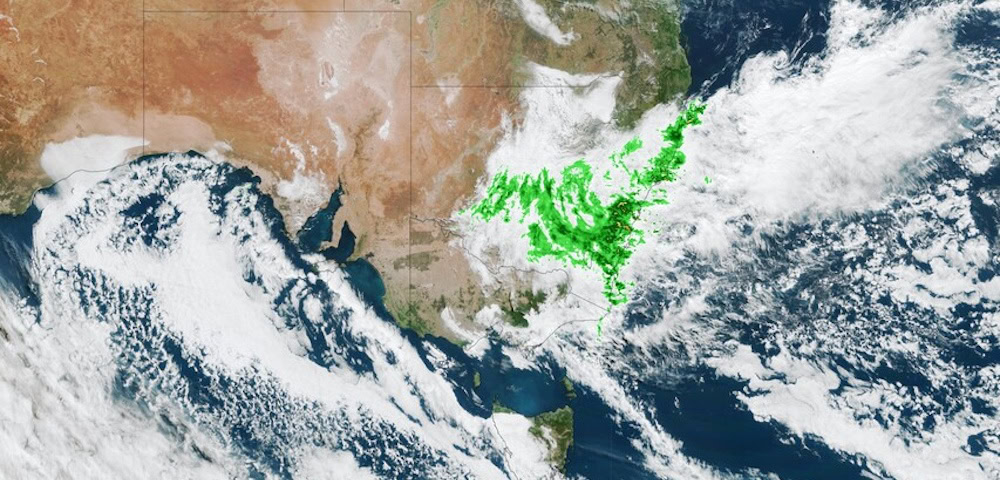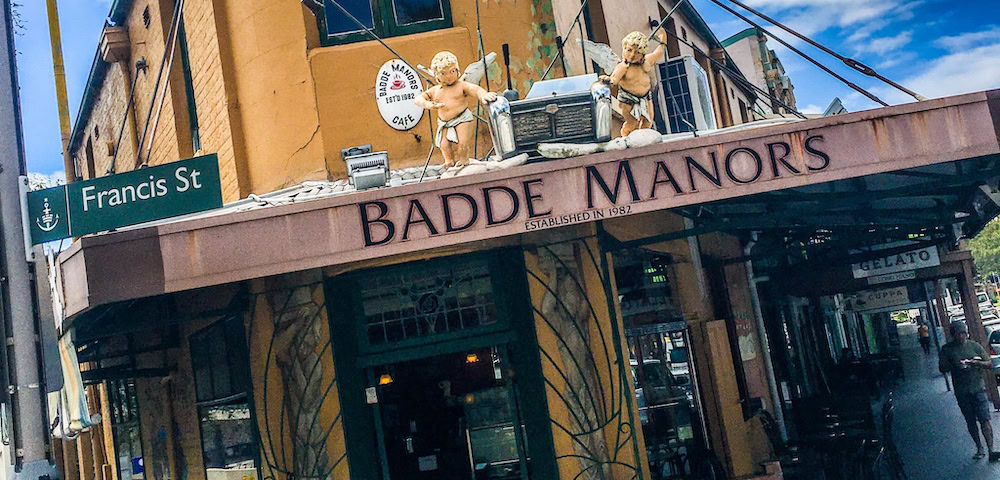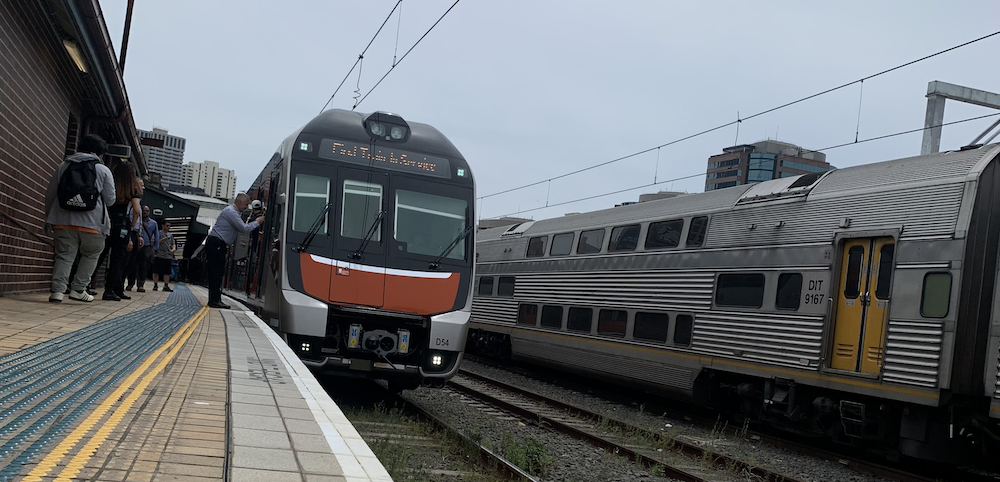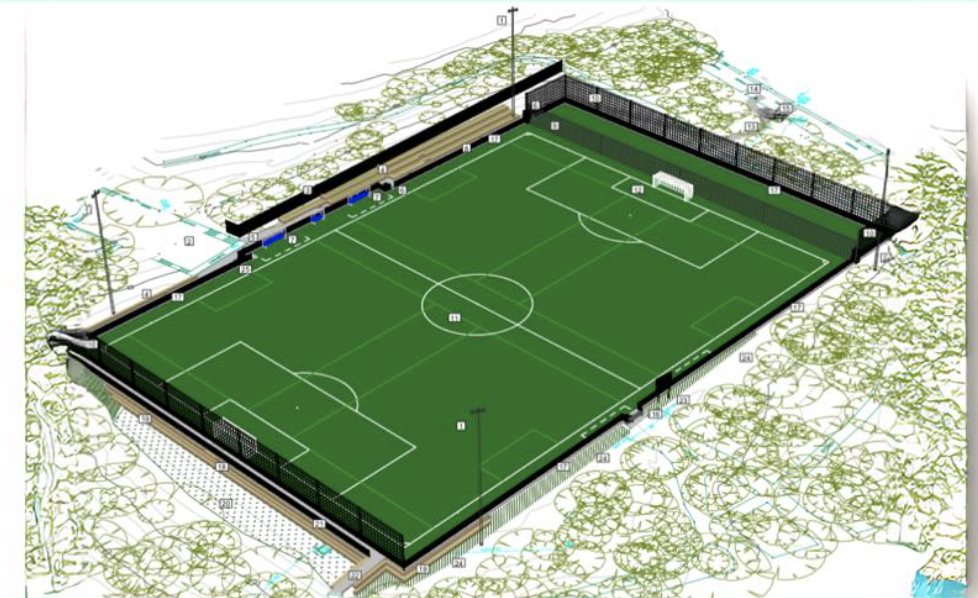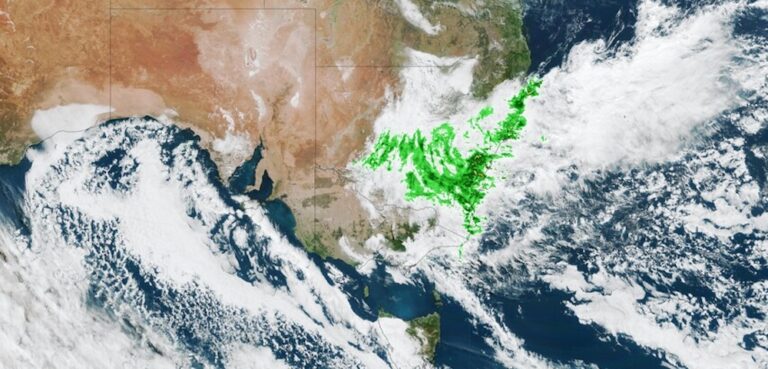
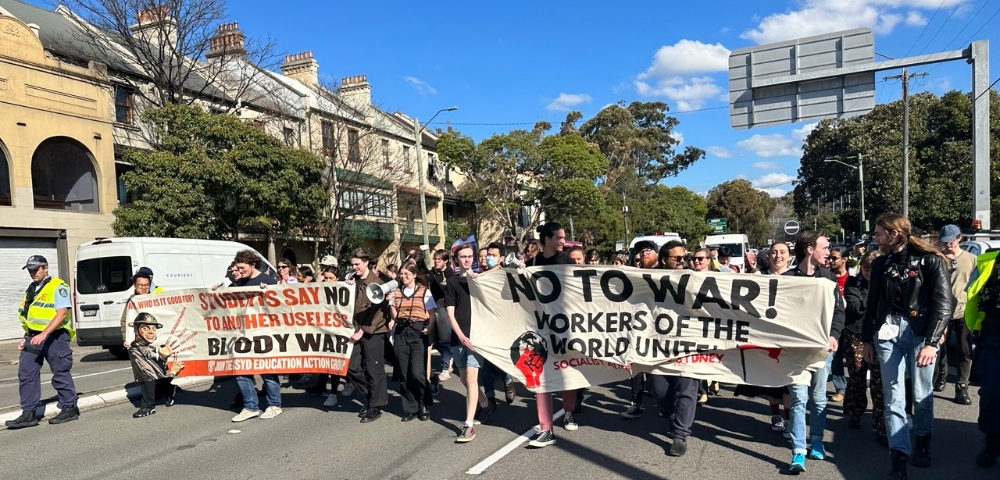
By JUSTIN COOPER
As part of a national day of action organised by the National Union of Students (NUS), university students across the nation protested yesterday and called for greater support during the current cost-of-living crisis. Welfare Not Warfare rallies were held across major Australian cities.
Criticising the expense of the AUKUS deal, which could help progress public welfare, groups also noted the political implications of inciting war rather than promoting defence.
In Sydney, students and community groups convened at the University of Sydney where speeches were held prior to a march down Victoria Road and Broadway
Students speak out
Leading the rally was Sydney University’s SRC Education Officer Yasmine Johnson, who spoke against the estimated cost of the country’s new fleet of nuclear-powered submarines – $386 billion. She argued that this funding could be used better amid the nation’s cost-of-living and housing crisis.
Speaking to City Hub, Johnson said, “it’s really important for students to show that they’re opposed to the Australian government’s project.”
“We’re out here today to say we think that money should be spent on healthcare and welfare, and funding education, and not on war.”
Explaining that such funds could expand public housing, healthcare and welfare payments, Johnson said that the deal’s estimated spending could pay off student HECs debt and provide up to 40 years of free tertiary education.

Calling for further student and community action, Johnson said, “it’s going to require a pretty strong show of opposition to make a dent in the Australian government’s decision to do this.”
“I think it’s important people start banding together and showing that it’s not just this unanimous thing, that everyone thinks it right and that there should be this drive to war and spending all this money,” Johnson continued.
During the rally, NUS President Bailey Riley also spoke on the intentions of protest, highlighting the government’s lack of support for students.
Noting that previous efforts to increase youth welfare by $4 a day was “not enough”, Riley said, “the Australian government has refused to help students during the cost of living crisis.”

“Defence contractors who manufacture these weapons of war are drowning in pools of taxpayer money, while many Australians are facing homelessness from not earning enough to cover the basics.”
“Until the Labor government act, until we get out and fucking win, union students will be coming together like this to fight for progressive change again and again, and fight the Albanese Government over their broken promise for a better future,” continued Riley.
Allied Groups
A diversity of groups supported the students during the protest, requesting further action for public housing and a rejection of the AUKUS deal.
Nick Deane, a representative speaker from the Independent and Peaceful Australia Network, criticised the deal for benefiting the agenda of international groups rather than Australians.
“We’re just handing things to the US all the time… the United States is tightening its grip around Australia for its own end, not for our benefit,” said Deane.
“China is not a threat… the only threat that China poses is an economic threat to the United States of America. It is not an immediate threat to Australia by any stretch of the imagination.”

Noting that, over the last 20 years he has been an advocate, more than 4.5 million people have been killed due to warfare, Deane criticised the government’s intentions within the deal.
“AUKUS does not bring us defence, it does not bring us peace, it does not bring stability. On the contrary it threatens all those things. What it is doing is proliferating nuclear technology in the Pacific.”
Also speaking at the rally, public housing advocate Carolyn Ienna spoke out on the lack of accessible public housing within Sydney and how utilising funds from the AUKUS project would help thousands of people currently on wait lists.
“Public housing should be for everyone. We shouldn’t be making this war machine, that’s going to kill people, it’s vile and disgusting.
Speaking on her personal experience within the public housing system and the current fight for her accommodation in Glebe, Lenna notes that funding is essential to supply and maintain public houses.
Mentioning the difficulties within her building alone, including 3 deaths and the challenges for elderly residents, she said the government “owe us better.”

The recent protest follows further community criticisms of the deal. Over the weekend, with Hiroshima Day commemorations occuring, peace groups also called for the deal to be abandoned.
The deal between the Australian Government, the United States and the United Kingdom is to help build and supply Australia with 8 nuclear-powered submarines.
These billion-dollar submarines are to be based within South Australia and Perth and are expected to be in use by the 2040s.

